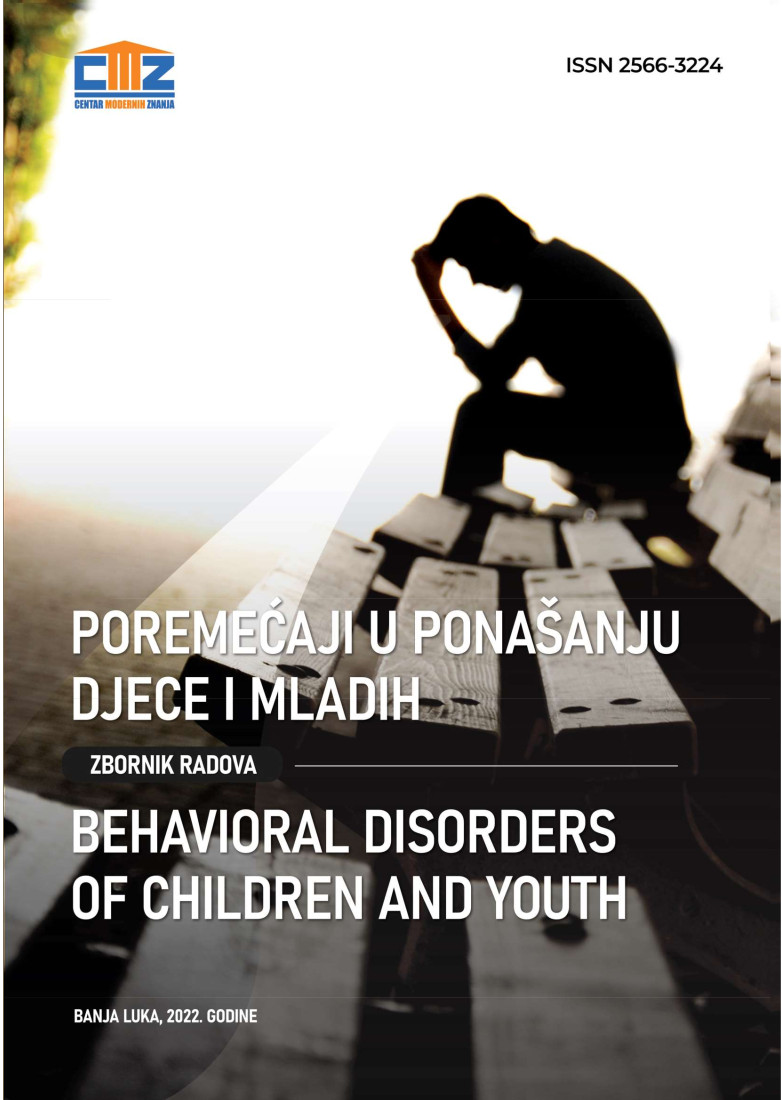RODITELJSTVO SLOBODNO VRIJEME RODITELJA I OBITELJI DJECE S TEŠKOĆAMA U RAZVOJU
PARENTING: FREE TIME OF PARENTS AND FAMILIES CHILDREN WITH DEVELOPMENTAL DIFFICULTIES
Author(s): Lejla Kafedžić, Snježana ŠušnjaraSubject(s): Social Sciences, Sociology, Social development, Social differentiation, Family and social welfare
Published by: CENTAR MODERNIH ZNANJA
Keywords: free time; parents; child with developmental disabilities; family;
Summary/Abstract: Parenting is always a challenge, and parents raise a child in different ways, which depends on numerous factors, such as: characteristics, competences and the help they receive, etc. The birth of a child with developmental difficulties further complicates this important role of parents, considering challenges that are the result of the time needed for parents to adapt and accept the characteristics of the child, dynamics within the family, the position of the child in the family, relations between spouses, relations with other children, inclusion of the child in the peer group, planning for the present and the future, etc. An important issue in parenting is the free time of the parents, as well as the family as a whole Free time is a social phenomenon that arose in industrial civilization and is an integral part of every individual’s life. Through joint free time, family members can devote themselves to each other, build better family relationships, and achieve personal development. When we talk about the free time of the family of a child with developmental disabilities, we often talk about family routines that are focused on the child’s disability, finding additional resources necessary for the realization of free time activities, balancing between work, treatment in which the child with developmental disabilities is included and free time, and the like. An additional challenge is the time that parents, individually or as a couple, can spend together, which does not involve a child with developmental difficulties. In this sense, the goal of the work is to determine the experience of planning and spending free time of parents and families of children with developmental disabilities. So far, research in this area is scarce, but it confirms that this question is very relevant for the further pursuit of researchers, considering the established benefits of free time. The benefit of directed free time is also manifested through the prevention of challenging forms of child behavior.
Journal: DRUŠTVENE DEVIJACIJE
- Issue Year: VII/2022
- Issue No: 7
- Page Range: 184-192
- Page Count: 9
- Language: Bosnian, Croatian, Serbian

